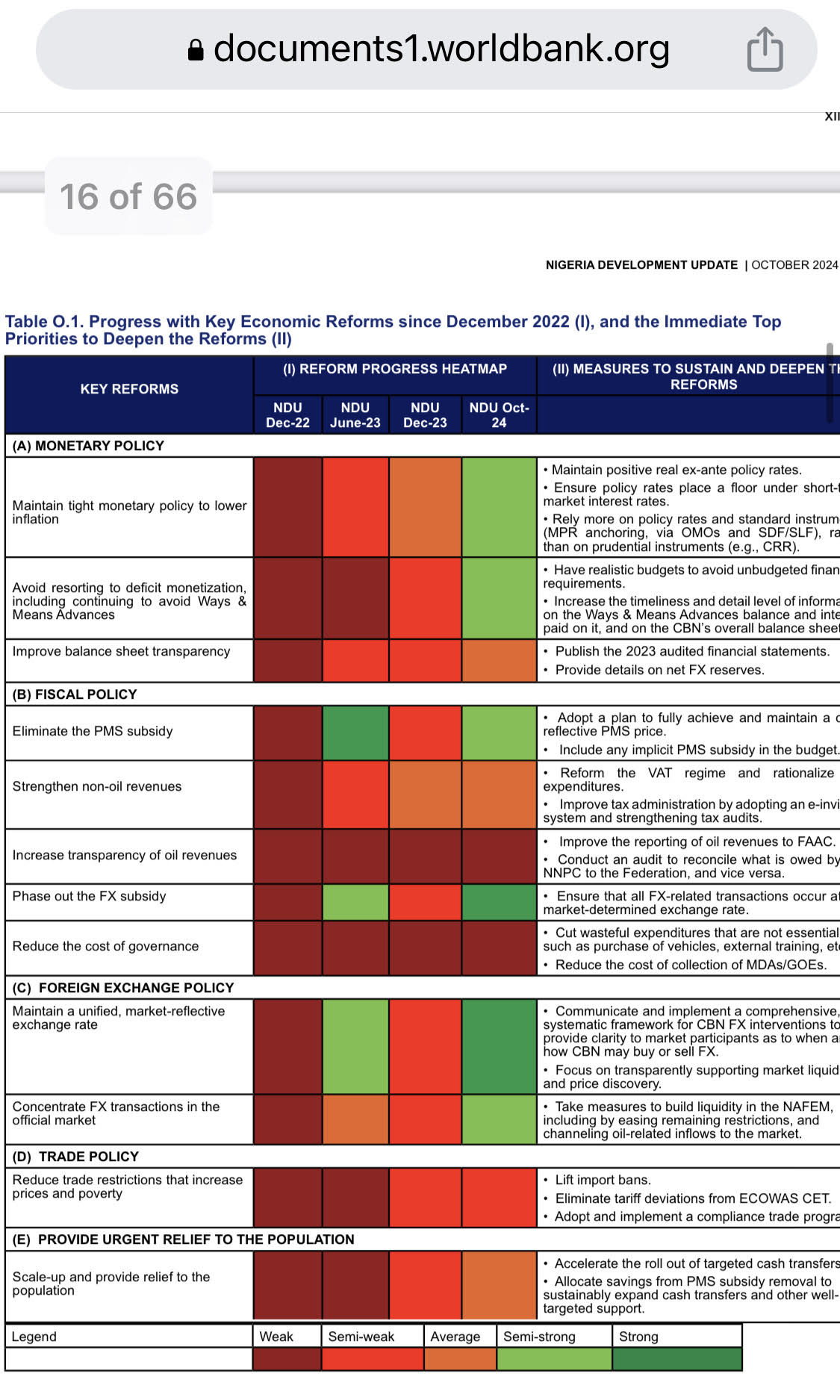Sixteen states had filed consolidated suits challenging the powers of the EFCC, the Nigerian Financial Intelligence Unit and any other similar agency of the Federal Government.
The judgement in a suit filed by 16 state governments challenging the constitutionality of the laws establishing the Economic and Financial Crimes Commission (EFCC) and others has been reserved by the Supreme Court.
A seven-member panel of justices presided over by Justice Uwani Abba-Aji, on Tuesday reserved the matter after the lawyers in the matter argued their applications.
Sixteen states had filed consolidated suits challenging the powers of the EFCC, the Nigerian Financial Intelligence Unit and any other similar agency of the Federal Government.
The plaintiffs in the consolidated case, marked: SC/CV/178/2023, are Anambra, Benue, Cross River, Enugu, Edo, Kogi and Kebbi. Others are Katsina, Jigawa, Nassarawa, Niger, Ondo, Oyo, Ogun, Plateau and Sokoto.
The suit, which was originally filed by the Kogi State Government through its Attorney General and Commissioner for Justice, had others states seeking to join as co-plaintiffs, before the other states joined in the suit.
Meanwhile, the Attorneys General of Anambra, Adamawa and Ebonyi announced their withdrawal from the matter, which was granted by the panel.
The plaintiffs question that the setting up of the EFCC, through the EFCC (Establishment) Act 2004, was not in conformity with the provisions of Section 12 of the 1999 Constitution (as amended). Section 12 of the Constitution captioned ‘Implementation of treaties’ reads:
“(1) No treaty between the federation and any other country shall have the force of law except to the extent to which any such treaty has been enacted into law by the National Assembly. (2) The National Assembly may take laws for the Federation or any part thereof with respect to matters not included in the Exclusive Legislative List for the purpose of implementing a treaty.
"(3) A bill for an Act of the National Assembly passed pursuant to the provisions of subsection (2) of this section shall not be presented to the President for assent, and shall not be enacted unless it is ratified by a majority of all the Houses of Assembly in the Federation.”
The plaintiffs contended that it was a United Nations Convention against corruption that was reduced into the EFCC Establishment Act, hence the constitutional provision regarding treaties and making it a Nigerian law was not complied with in establishing the EFCC.
The plaintiffs also contended that as contained in Section 12(3) of the constitution, the majority of the state Houses of Assembly must first agree that the convention be adopted before the EFCC Act could be validly enacted. According to them, the EFCC Act, as currently enacted, could not be applied to states that never approved of it.
The plaintiffs want the court to declare that any institution, so established, such as the EFCC, should be regarded as an illegal body. Some of the reliefs being sought in the suit are: “A declaration that the Federal Government through the Nigerian Financial Intelligence Unit (NFIU) or any other agency lacks the power to issue any directive, guideline, advisory or any instrument howsoever called for the administration and management of funds belonging to a state.
"A declaration that the EFCC, the NFIU or any agency of the Federal Government cannot investigate, requisition documents, invite and or arrest anyone with respect to offences arising from or touching on the administration and management of funds belonging to a state or any local government area.”
Follow the Sahara Reporters channel on WhatsApp: https://whatsapp.com/channel/0029VaFClvtH5JM6SSsP7M2Yyyy8y06

 3 hours ago
4
3 hours ago
4





 English (US) ·
English (US) ·